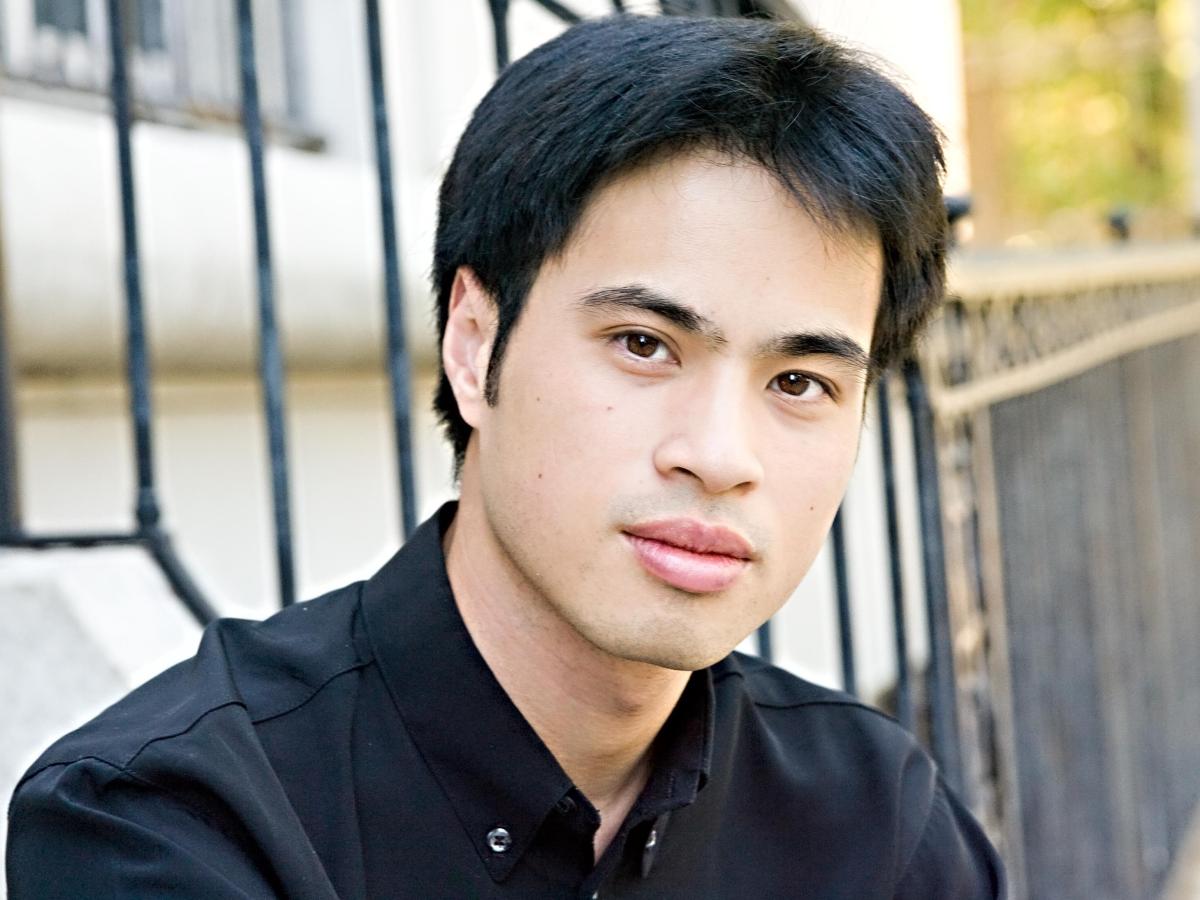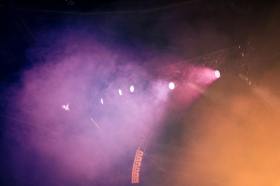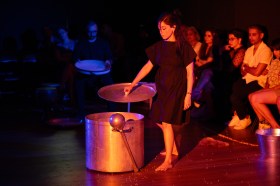Image via www.weaverartistmanagement.com.au
Polish-born Chopin lived in Paris for most of his life, where the hypersensitive and frail exile was embraced by the city’s aristocratic circles. Chopin was drawn to the dandy trappings Paris had to offer, an apartment decorated in his favourite colours of white and oyster grey, furniture upholstered in pale brocade, fastidiously tailored clothes and a large collection of kid gloves the first shade of lavender. But there were also dark psychological states. His ongoing guilt at having left his parents and homeland behind, his self-doubt, his child-like, total reliance on the love, generosity, nurture and care of his companion, George Sand. Above all there was his terror at the spectres of poverty, sickness and abandonment, his long and horrible dying at No 12, Place Vendôme. It was Liszt’s innovation to hold completely solo, public recitals of his own music. Chopin, 19 months younger than Liszt, must have envied his rival’s performing career. Since he was too ill to undertake regular performances, however – his delicate, ‘angelic’ touch and preference for light-actioned pianos did not suit large halls – most of Chopin’s appearances took place at private salon gatherings.
All this is intended to provide some context to what I am about to write. An all-Chopin recital essentially presents a collection of exquisite miniatures to savour, one following the other. Heard at its best, however, this unique music is more than decorative runs and beautiful melodies, for there is a haunted side as well, full of nostalgia and secret messages to an exiled audience, whether they be found in a stirring fanfare, a lilting dance rhythm or even a falling melodic gesture. Then the music is often gripped by neurotic anxiety contrasted with broadly dignified material that provides an all too brief solace and resolve, and which we know will not last. It is this ‘haunted’, dark side of the music which I found this recital lacked, instead presenting the repertoire, certainly with brilliant flair, but standing at a safe distance from its underlying psychological turmoil. My only other concerns were the sometimes forced and harsh voicing in the Sonata No 3 in B Minor, Op 58 and some unnecessary improvisational embellishments here and there.
The concert was sponsored by Animals Asia and proceeds went to support the organisation’s admirable work in preventing the torture of bears. A most unwanted compère announced both halves and provided an epilogue, mispronouncing the artist’s first name at least a dozen times and referred to this two-hour recital as an ‘Act’. Hoang Pham is a highly gifted artist; popular with audiences, he has an immaculate stage presence. The capacity audience, on this occasion including many young children, was left mesmerised, returning him for two encores: the popular Waltz in A flat major, Op 69 No 1 and Nocturne in E flat major, Op 9 No 2.
Rating: 3 stars out of 5
Hoang Plays Chopin
Hoang Pham, piano
Elisabeth Murdoch Hall, Melbourne Recital Centre
Sunday 13 March 2016






